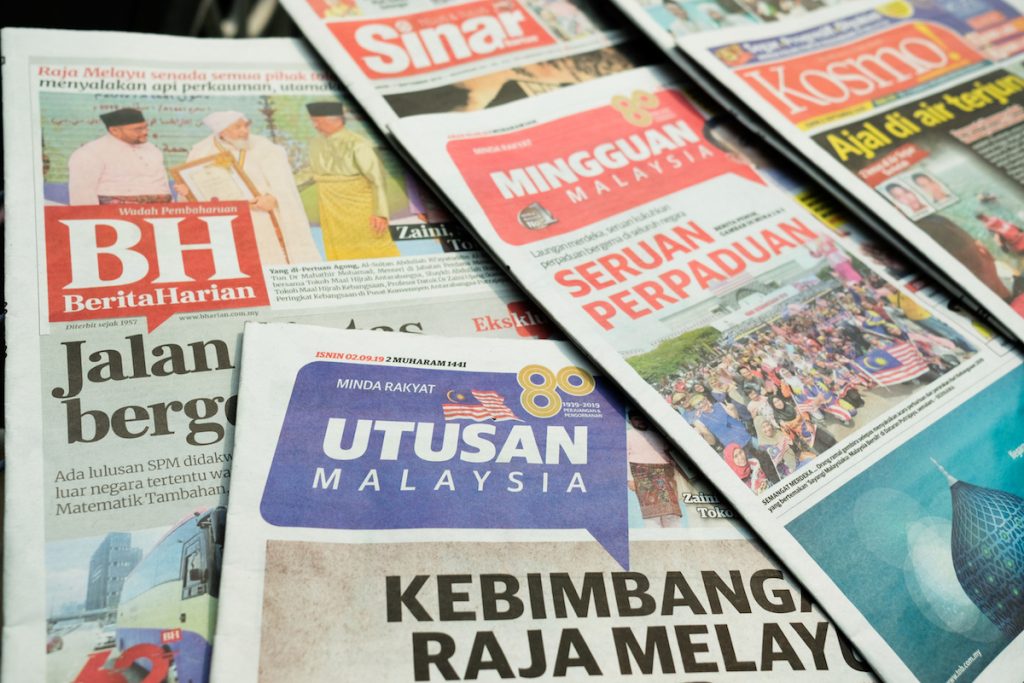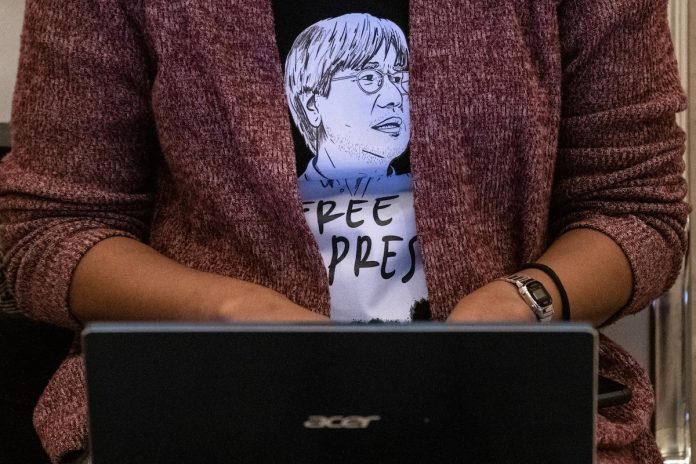Malaysian authorities are increasingly using criminal investigations to harass journalists, protest leaders, and various other critics of the government, reported Human Rights Watch (HRW) this week.
The global human rights watchdog said activists and government critics have been subjected to police questioning and are facing potential prosecution.
“The Malaysian government’s growing use of criminal laws to target critics demonstrates its rapidly declining regard for human rights standards,” said Linda Lakhdhir, HRW Asia legal adviser.
The human rights organization cited the case of Malaysiakini journalists who were investigated for “spreading rumors” for their coverage of allegations of police brutality.
The journalists are being investigated under a broadly worded provision of the penal code that criminalizes the “spread of rumors that can cause fear and alarm to the public.”
Malaysia’s Penal Code, Sedition Act, Peaceful Assembly Act, and Communications and Multimedia Act all contain what HRW described as “overbroad and vaguely worded provisions” that allow the police to investigate or arrest people for a wide range of activities or speech that the government dislikes.
Recent cases have targeted people for organizing public protests, reporting on allegations of police abuse, drawing cartoons, and posting an ironic Spotify playlist.
“In a rights-respecting democracy, the government does not view journalism as a crime and accepts criticism and satire as free speech,” said Lakhdhir.
She said reporting on allegations of government misconduct “is part of a journalist’s job.”

On April 23, police arrested graphic artist and activist Fahmi Reza in relation to a jealousy-themed Spotify playlist he had created as a satirical response to a controversial tweet by Malaysia’s queen.
He is being investigated under Malaysia’s Sedition Act, which criminalizes any speech with a tendency to “excite disaffection” against or “bring into hatred or contempt” members of Malaysia’s royalty.
If convicted, Fahmi faces up to seven years in prison.
Malaysian authorities have also opened a criminal investigation of political cartoonist Zulfikar Anwar Ulhaque, known as Zunar, over a satirical drawing that mocked the Kedah chief minister for his decision to cancel a holiday marking a Hindu festival.
Leaders of recent peaceful protests have also been the target of police investigations.
The police have called in for questioning eight people who participated in a “breaking fast” event on April 30 in Kuala Lumpur to protest the continued suspension of Malaysia’s parliament.
The eight, which include several opposition politicians, are being investigated under section 9(5) of the Peaceful Assembly Act for failure to give notice of the event.
Earlier in May, the police questioned several people, including opposition member of parliament Fahmi Fadzil and Sevan Doraisamy, the executive director of the human rights group Suara Rakyat Malaysia, over their participation in a solidarity protest.
Police also called in for questioning at least four people, including three opposition members of parliament, for participating in a peaceful protest against the election commission’s delay in implementing a reduction in the voting age to 18.
“The investigations are bad enough, but Malaysia has such vague and overbroad laws that the police can go after almost anyone for just about anything they do or say,” said Lakhdhir.
“The government needs to stop treating criticism as a crime and amend or repeal the abusive laws being used against critical speech and peaceful protest.”









